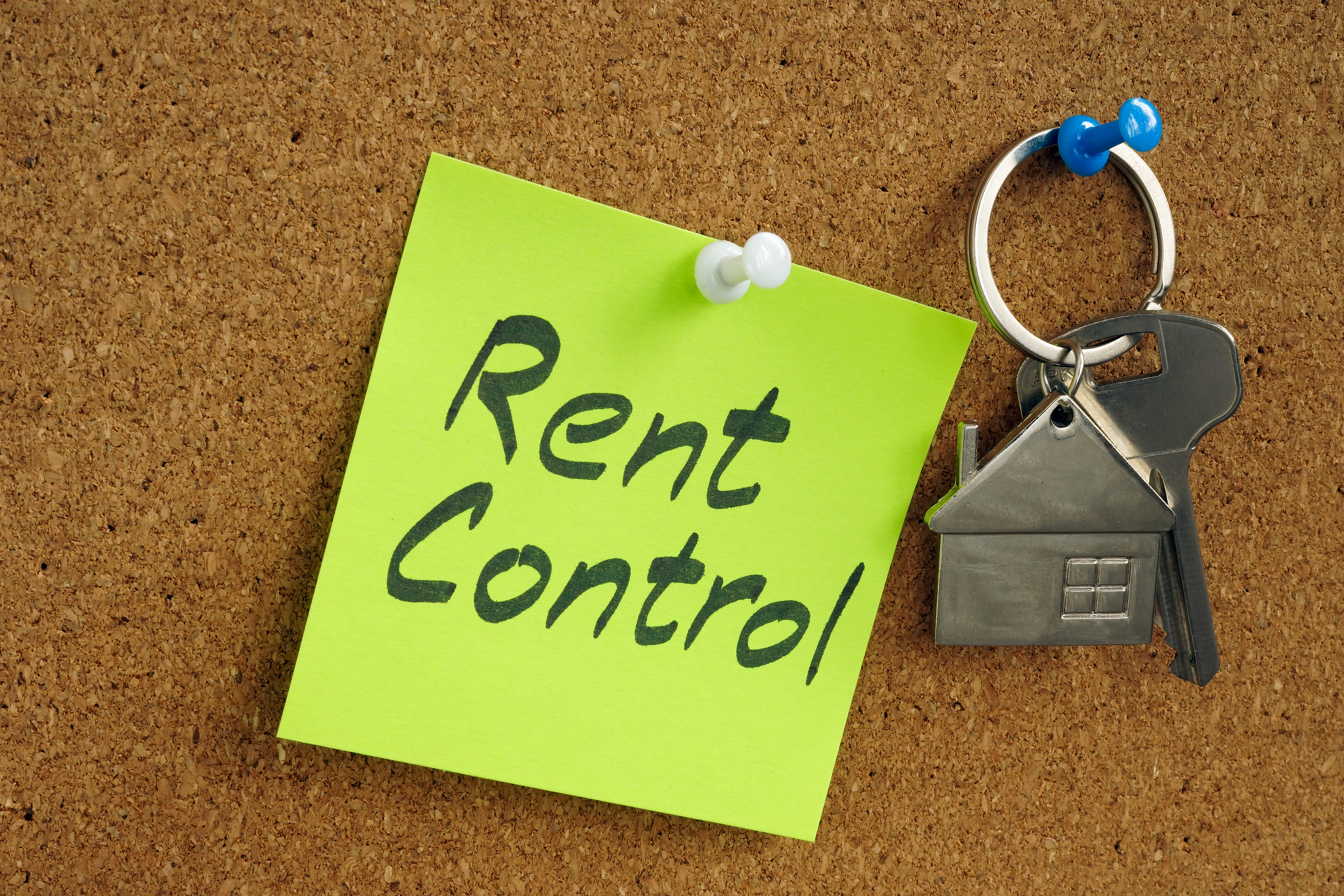
Messages ahead of Election Day detailing the time needed to tally votes can reduce distrust from the public, according to research from UC San Diego published Tuesday.
Results can sometimes take days to fully count, which can lead to a lack of confidence in the electoral process and the fairness of elections, researchers said. This was reflected in the 2020 presidential election when supporters of then-President Donald Trump protested outside vote-counting centers in Arizona, Georgia and other swing states.
Decision 2024
But, research from the Yankelovich Center for Social Science Research at UCSD published in October's edition of PNAS Nexus found that a "simple, proactive message from election officials ahead of Election Night can do much to reduce the distrust.
Get top local stories in San Diego delivered to you every morning. Sign up for NBC San Diego's News Headlines newsletter.
"Election officials can reassure voters that delayed election results aren't a sign of fraud, but they should proactively communicate this before the election," said Mackenzie Lockhart, the study's first and corresponding author, who worked on the research while a political science graduate student at UCSD.
Reiterating that there are security measures in place ensuring there is no vote fraud taking place also works to increase trust, the authors said.
The research team surveyed 10,000 Americans in 2023 to measure how delays in vote tallies impact trust in election results. Participants either watched a 40-second video produced by the Arizona secretary of state explaining why counting ballots takes time, or they saw no such message.
Following this, participants were then told the results of the 2022 Arizona gubernatorial election — with some of those surveyed told it took six days to finalize results.
Among those who saw the video, trust decreased by 2.6%. For those without any explainer, trust in the process dipped 6.5%, more than double.
"Like Arizona's Secretary of State, election officials around the country are using innovative communication strategies to explain to the public how they protect the integrity of the vote," said study co-author Thad Kousser, co-director of the Yankelovich Center and professor of political science at UCSD. "The Yankelovich Center is partnering with many of them to conduct rigorous tests of what messages work, what don't work, and what works best."
Ultimately, the researchers concluded that even a brief message from election officials can help keep trust in the process steady -- an effort they said was particularly important among those already politically polarized and skeptical.




